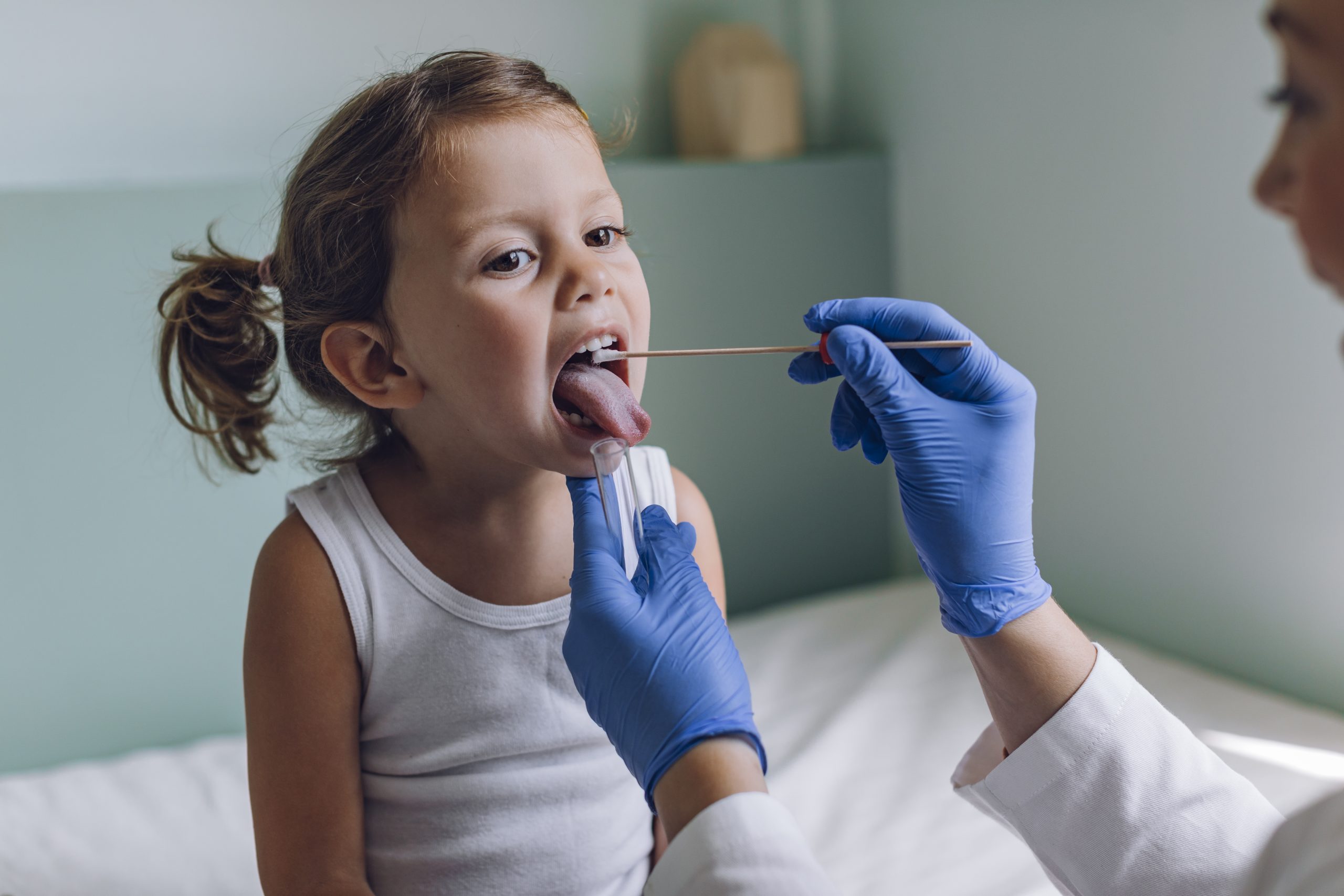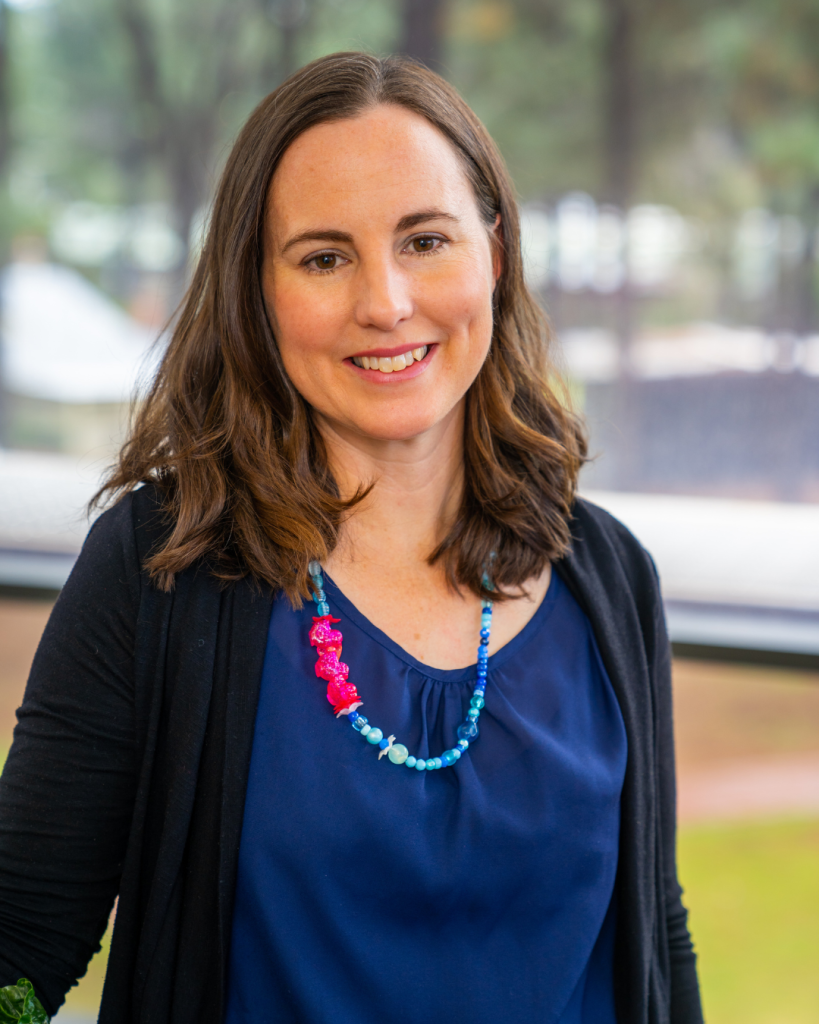
5 minutes with… Associate Professor Therese O’Sullivan.
- Perth Children's Hospital Foundation
5 minutes with… Associate Professor Therese O’Sullivan.
- Perth Children's Hospital Foundation
Meet Associate Professor Therese O’Sullivan – one of 11 leading experts helping to shape the future of kids' healthcare in WA as part of PCHF’s Scientific Advisory Committee (SAC).
With 20 years’ experience as a dietitian and nutritionist, Assoc. Professor O’Sullivan brings a wealth of knowledge to the Committee. As the Discipline Lead of Nutrition and Dietetics at Edith Cowan University, she leads research programs aimed at supporting new mothers with breastfeeding and optimising the meal environment in early childhood.
We spent some time with Therese to learn more about her role on the SAC, her passion for child- and family-centred research, and why listening to kids can lead to smarter, more impactful healthcare outcomes for WA kids.
What motivated you to join PCHF’s Scientific Advisory Committee?
Kids have some brilliant ideas, and this includes for research projects – often ones that researchers wouldn’t have thought of when designing their studies. Having their input is valuable when we are planning, running and translating childhood research – it makes our projects much more effective.
I am enthusiastic about child and family centred care and how this can be applied to research and practice, to improve not only our research outcomes but also the child’s own experience of participating in research. It’s a good feeling when a child says they’ve enjoyed being part of a research project, and they want to keep coming back even though the study has finished!
I was motivated to join because I wanted to help grow projects that are designed well and will improve life for children and their families.
Is there a particular PCHF-funded research project you were especially excited about, and if so, what made it stand out to you?
A project that stood out to me was one that aimed to better understand the kupi (water) of the WA Goldfields, in conjunction with the local community.

Associate Professor Therese O’Sullivan.
The water there might be armed with useful bacteria-busting phages (viruses that hunt down and destroy bacteria). Phages can be found in lots of natural environments, but there may be something special about ones at the Goldfields that can help with local infections.
Given that antibiotic resistance is spreading faster than an open packet of sultanas in a car seat, this is an exciting potential alternative to traditional antibiotics. Projects like this also weave in traditional Aboriginal knowledge and connection to Country.
Why do you feel it’s important to have strong rigour and governance when it comes to research funding?
We want to make sure PCHF’s valuable research funds go towards projects that are robust, community driven and make a tangible difference to children’s health. It’s important to have a team of people with different perspectives to ensure we are making the right decisions.
Learn more about PCHF’s Scientific Advisory Committee members, visit: https://pchf.org.au/post/meet-the-experts/

